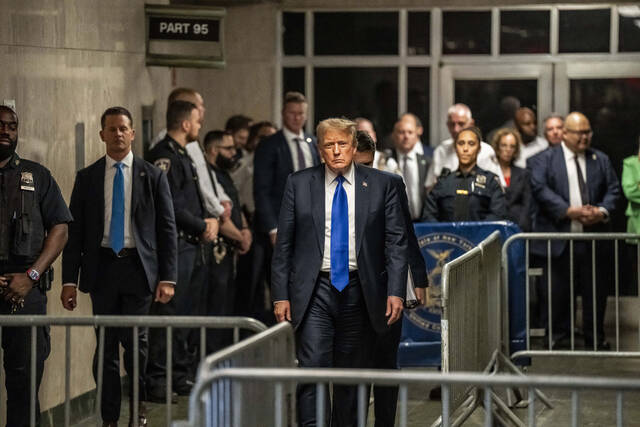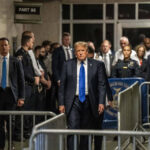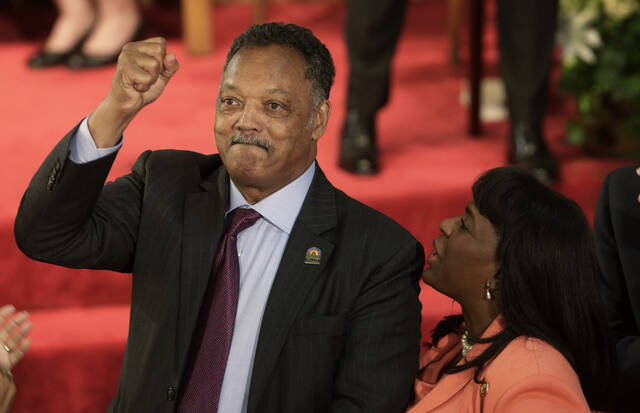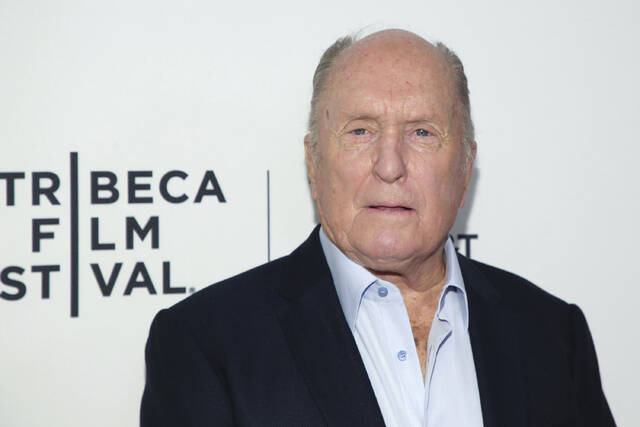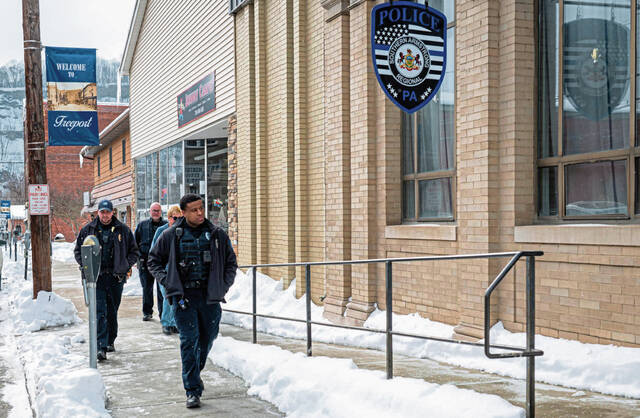It wasn’t the guilty verdict in the trial of former President Donald Trump that made the biggest immediate impression on legal experts.
Rather, they said Friday, it was that under the harshest media glare and most intense pressure, the criminal justice system functioned as it should, and the rule of law survived intact.
But, those same experts warned, the continuing and relentless attacks by Trump and his Republican supporters that the judicial system is “rigged” and “corrupt” pose a threat to our democracy. On Friday, only a day removed from making history as the first president in U.S. history to be a convicted felon, Trump was back at it, deriding the judge, the prosecutors and his conviction.
Former 3rd U.S. Circuit Judge Timothy Lewis, who was appointed to the appellate court as well as District Court in Pittsburgh by former President George H.W. Bush, viewed the landmark legal proceeding through a split lens.
“For me, this trial represents a wonderful opportunity, and at the same time, a serious threat,” Lewis said. “It’s a wonderful opportunity to stand back and recognize that no one is above the law. That’s an important lesson for the country and the world. In that sense, it’s a terrific gift.
“I hasten to add, it’s not a reason to celebrate.”
Instead, Lewis said, the nation should be sobered by the idea that someone who was once the nation’s highest officeholder is now a convicted felon.
Trump, the presumptive Republican presidential nominee, was found guilty Thursday of all 34 felony counts against him in a New York courtroom. The jury found that Trump falsified business records to hide hush money payments to an adult film star in the run-up to the 2016 election.
He will be sentenced July 11 — four days before the start of the Republican National Convention in Milwaukee.
Process worked
Harry Litman, a former U.S. attorney in Pittsburgh who was nominated by former President Bill Clinton and now serves as a national legal and political commentator, was in the courtroom for Trump’s trial.
He came away from the event gratified — not necessarily because of the verdict, but because of the process.
“There were all kinds of pressures on the system,” Litman said Friday. “Everything, nevertheless, worked like clockwork. I thought it was really significant the rule of law clearly applied to him.”
Laura E. Little, a Temple University law professor, attributes that to the way the framers built so many checks and balances into our structure of government — as a way to account for the possibility of human error.
A criminal trial offers an adversarial process between the prosecution and defense. It is overseen by a judge and decided by a jury of one’s peers.
“That is a lot of checks, a lot of process, to try to account for the fact we’re human, and we make mistakes,” Little said. “The courts are the crucial step in maintaining the rule of law.”
Jerry Dickinson, a professor at the University of Pittsburgh School of Law, used three words to characterize the Trump trial: sad, sobering and celebratory.
Sobering because a trial and conviction of a former president is something the United States hasn’t seen before. It brings a level of humility to the presidency, Dickinson said.
It’s also sad, he continued.
“Regardless of your political stripes, it seems to be a blemish on American democracy,” Dickinson said. “This is a [former] commander-in-chief of one of the most powerful countries in the world, and he’s a convicted felon.”
But it also should be celebrated, Dickinson said. The justice system functioned as it is designed with few hiccups. The trial could have spun into a public relations and political disaster, he continued, but it didn’t.
“A jury of 12 peers chose to convict him,” Dickinson said. “The process, the system, the procedure, it worked — regardless of conviction.”
Vigilance needed
But in the aftermath of the jury’s verdict, Trump has remained defiant and angry, calling the jury’s decision illegitimate and politically motivated.
That ongoing rhetoric — especially coming from politicians and practicing lawyers — the experts said, is a threat to our governmental institutions and to the independence of the judiciary.
“I think it’s problematic for individuals in their positions to be railing against the justice system and the rule of law,” Dickinson said. “It will, inevitably, have an effect of delegitimizing our justice system.”
“I would say the same thing if it were Democrats.”
Lewis, who served as a federal prosecutor before taking a position on the bench, agreed.
“When people who know better refuse to acknowledge the sacred obligation of our justice system to fairly and impartially rely on the wisdom of the community, reflected in 12 jurors, and instead choose to attack that system, and those jurors and the judge, that is a direct threat to our fundamental democratic principles,” Lewis said.
But, he continued, Lewis unequivocally believes American democracy will withstand the test.
“I have faith in our institutions because I have faith in the human beings who make up those institutions to stand up against those threats,” he said.
To do so, he continued, American society must remain vigilant.
Dickinson agreed, saying, at some point, the electorate must take a step back.
“We allowed an individual like President Trump, who has a checkered history of illegal, immoral and unethical activities, to take the office of the presidency,” Dickinson said.
“If we are going to be the shining light on the hill, internationally, as a beacon of democracy and the rule of law, we need to look in the mirror and question whether we are living up to those standards and whether we are holding those we elect accountable.
“Is this truly who we are and who we want to be?”


